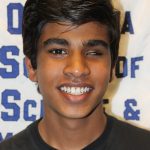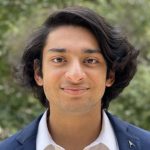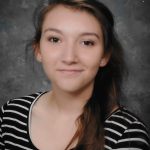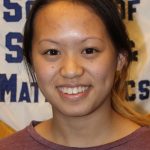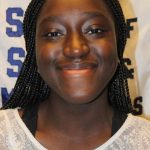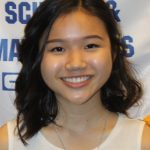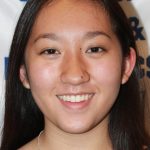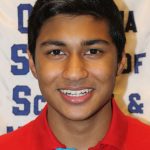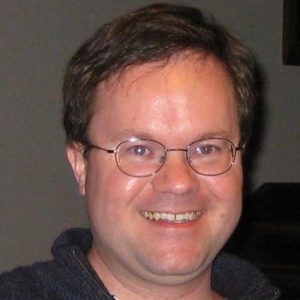 I am now at Uber in the most stimulating team and opportunity of my career. I am part of the team that does the data science behind Uber’s marketplace: the pricing, matching of riders and drivers (or multiple riders, as with UberPOOL), the guidance on driver positioning, UberEATS, and our real time forecasting system. In particular, I lead our data science for forecasting, which is a very interesting place to be given my career to date.
I am now at Uber in the most stimulating team and opportunity of my career. I am part of the team that does the data science behind Uber’s marketplace: the pricing, matching of riders and drivers (or multiple riders, as with UberPOOL), the guidance on driver positioning, UberEATS, and our real time forecasting system. In particular, I lead our data science for forecasting, which is a very interesting place to be given my career to date.
Prior to Uber I worked in finance, primarily in high frequency trading. In that role, I predicted where the market would go. Now I predict where another market will be—literally. J The contrast with finance is huge. In finance we transacted in dozens of markets that were open five days/week, for about 8-12 hours/day. At Uber we serve over 400 markets in about 80 countries and these markets never stop—They are in business 24×7. Eventually, I expect we will be operating in thousands of cities, serving tens of millions of trips every day. We are not even at base camp and I see we have a huge peak to scale.
For the faculty of OSSM who remember me, my father Jim Purdy was a taxi driver. It’s kind of interesting that I’m now at Uber doing what I can to make opportunities for our millions of drivers and riders worldwide.
Both of my parents pushed very hard for the best educational opportunities possible. When OSSM was first proposed, I had already begun taking college classes (I started at the age of 10 and took calculus by age 11). My dad asked the admissions office of Caltech whether I should try to attend Caltech at an early age or go to OSSM. The admissions office of Caltech, plus Professor Chen, Dr. Manning, and others, convinced us to give OSSM a try.
I did, and the next stop after OSSM was…Caltech. 🙂
That wasn’t an obvious next step: Caltech was expensive, and being the child of a cab driver and a state government employee meant that I needed to find scholarships. I did very well on tests (first perfect score on the SAT at OSSM) and in competitions. Gary Salwierak, then the college guidance counselor, helped identify a program sponsored by the NSA that allowed me to attend Caltech and Harvard and continue to work on very hard problems in my areas of interest—number theory, high performance computing and languages.
After OSSM doors remained open for me to work on the hardest, most challenging pursuits—Caltech, Harvard, the NSA, technology startups, then a PhD at Berkeley in Statistics followed by working in personalized medicine, high frequency trading and now Uber.
All along, I’ve been driven by the same things that interested me before and at OSSM. In my senior year, Dr. Manning told me that I didn’t study for grades or courses but for the sake of learning itself. During a visit to OSSM, Prof. Julian Stanley observed that there are those found at OSSM and elsewhere where school wasn’t what drove us—We were in pursuit of domains where there were no limits.
Over 20 years later (Wow, more than twice my age at my graduation), those assessments were very true. Whether it’s making and breaking codes, learning languages like Japanese & Chinese or getting computers to translate languages, predicting medical outcomes, or pursuing the challenges of financial and transportation markets, I have pursued the hardest, most impactful challenges I could find.
Although I had challenging opportunities before OSSM, it was at OSSM that I found my first community of people who thrived on and celebrated the challenges. From studying together each weeknight to celebrating college admissions, it was the first time for most of us to be around others who also delighted in developing our mind—both students and teachers.
Helping a person to discover and push their limits is a commitment, a risk and a leap of faith. I first appreciated that when my parents left me in the care of OSSM and I remain very grateful for what has come since.
~ David Purdy, OSSM Class of 1995 (OKC, Northeast H.S.), Research Data Scientist, Uber
B.S. Mathematics, Harvard University, 1999
Ph.D. Statistics, University of California-Berkeley, 2009

